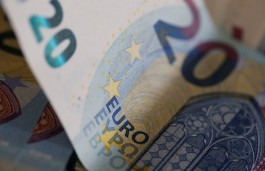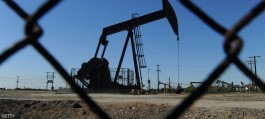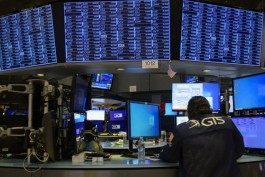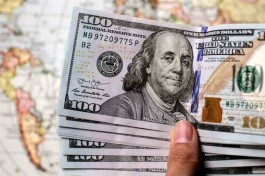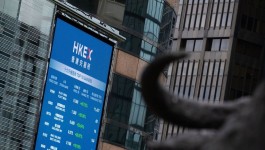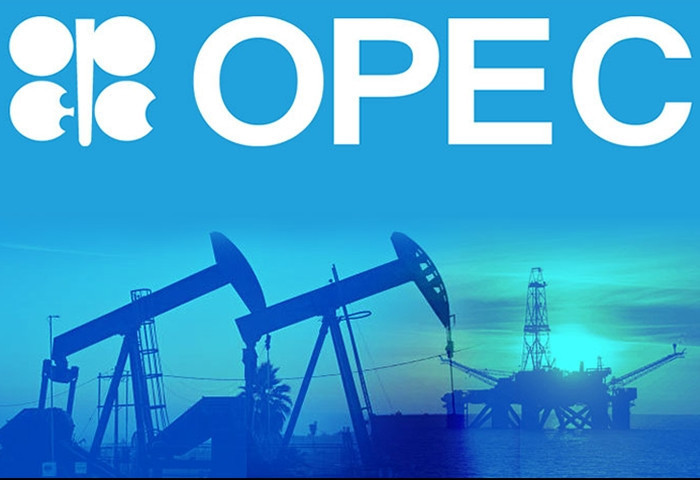OPEC watchers expect the organization and its allies to hold off on further production cuts next week, even after Saudi Arabia issued a warning to oil short sellers.
17 out of 23 traders, according to a survey conducted by Bloomberg News, suggested that Saudi Arabia and its partners would choose to keep production levels unchanged at their meeting scheduled to be held in Vienna on June 3-4. They said supply restrictions already in place should be enough to tighten global markets and increase prices.
Saudi Energy Minister Prince Abdulaziz bin Salman has indicated that the oil bloc is ready to consider taking further action in defiance of speculators this week, and said during a conference in Qatar that bets on falling oil prices should be cautious.
Surprising cuts revealed by OPEC+ members last month initially deflected oil shorting and sent prices higher, but the market has since retreated amid concerns about the global economy, and money managers have turned negative again. Fund positions in a large number of contracts are the lowest in more than a decade.
Saudi Energy Minister: The International Energy Agency confused the market with its volatile expectations
Despite this, observers widely expect the 23-country OPEC+ alliance to choose to keep production stable because rebounding demand in China, combined with the alliance's current constraints, would rapidly deplete global inventories in the coming months. Several OPEC+ delegates also expected, during private deliberations, the renewal of existing quotas.
“Despite the Saudi rhetoric, I think the group of producing countries will stick to the April plan and not deepen the cuts,” said Tamas Varga, an analyst at PVM Oil Associates Ltd.. The OPEC estimate shows a significant supply shortfall in the second half. Any further reduction in actual production will exacerbate tensions between consumers and producers.
Demand exceeds supply
Data from OPEC indicates that global oil demand will exceed supply by an average of nearly 1.5 million barrels per day during the second half of the year.
Crude oil prices stabilized after a drop in mid-April, trading near $78 a barrel in London on Wednesday, a level high enough that many OPEC+ countries could cover government spending.
The United States and other consumer countries have criticized Riyadh and its partners for restricting supplies this year, accusing them of stoking inflation and endangering the global recovery by raising prices. Last month, the International Energy Agency in Paris criticized the Organization of the Petroleum Exporting Countries for tightening the blockade on suffering consumers.
Oil rose for the third day after a Saudi warning and a decrease in US inventories
Riyadh and its allies may also be reluctant to take additional measures until they have a clearer picture of supplies from Russia, as an OPEC+ member. Moscow had pledged to cut production in response to international sanctions over its invasion of Ukraine, but has shown little sign, so far, of moving forward.
However, Prince Abdulaziz has confounded the market's expectations several times in recent years to intentionally startle speculators, such as the supply cut shock revealed in both April and October.
Six experts polled by Bloomberg expect OPEC+ to once again make a surprise move, with expectations ranging from imposing new restrictions of 200,000 bpd to nearly 1 million bpd.
In a report last Monday, Standard Chartered Bank said that bearish positions had become excessive enough to spur an OPEC response.
The group's decision to meet in person in Vienna, rather than virtually as has been the case throughout the pandemic, is evidence of serious intentions, according to RBC Capital Markets LLC.
Helma Croft, chief commodity strategist at RBC, said: The in-person option certainly enhances the likelihood of additional production action.


















